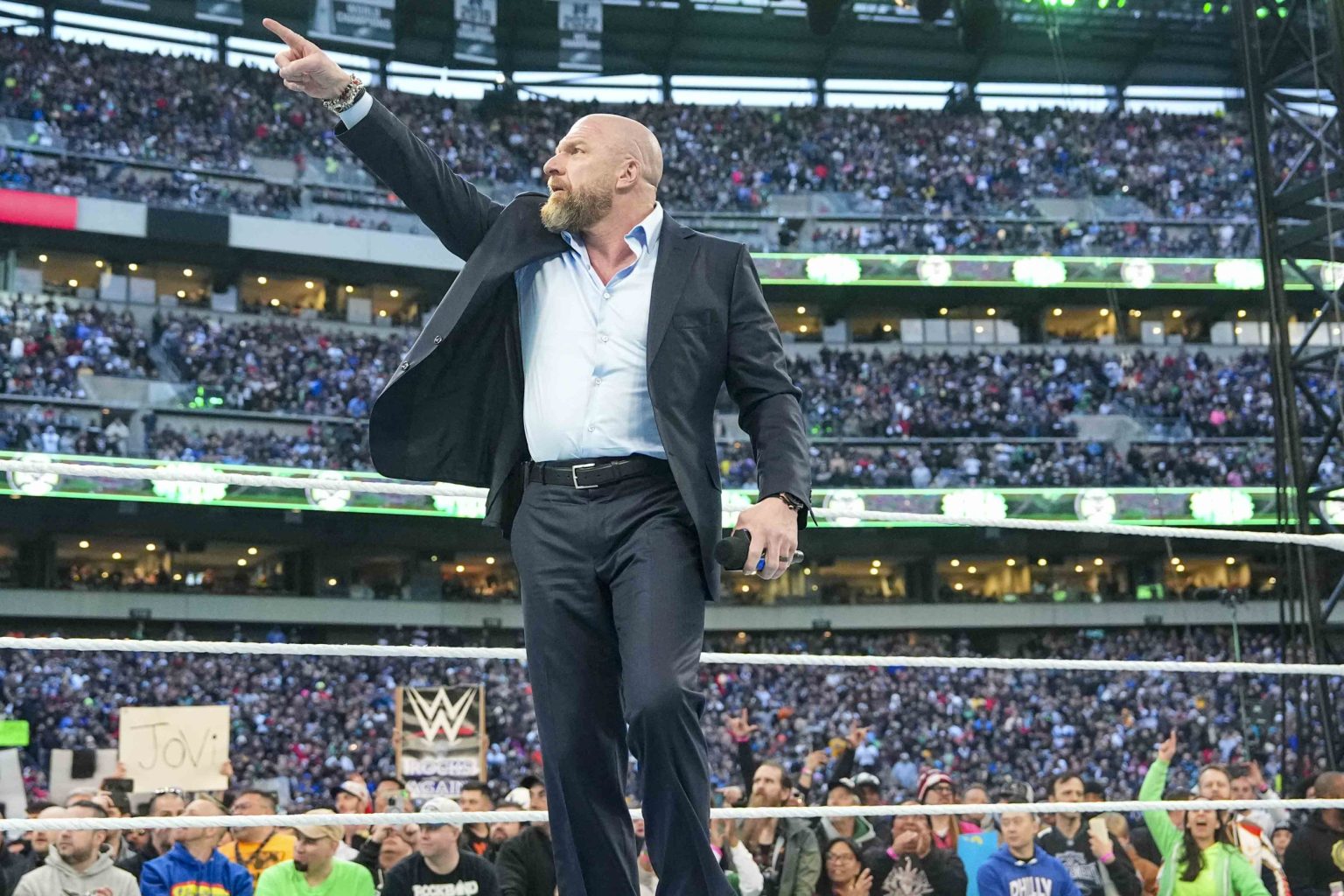The debut of WWE’s Monday Night Raw on Netflix was preceded by a promotional video narrated by WWE Chief Content Officer Paul “Triple H” Levesque, which aimed to encapsulate the essence of professional wrestling for both seasoned fans and newcomers. However, the promo sparked controversy among some viewers due to its open use of insider terminology like “face,” “heel,” “work,” and “shoot.” These terms, traditionally used within the wrestling community to describe different character roles and the orchestrated nature of matches, were perceived by some as a breach of kayfabe, the traditional practice of presenting professional wrestling as authentic competition.
Triple H responded to these criticisms, asserting that the world has long been aware of the scripted nature of professional wrestling. He argued that the use of these terms was not meant to be a revelation but rather a reflection of the industry’s evolution and the widespread understanding of its theatrical elements. Triple H emphasized that WWE is not attempting to deceive its audience, suggesting that the majority of viewers understand and accept the predetermined nature of the performances. He posited that these terms have transcended the wrestling world and entered the broader lexicon, making their inclusion in the promo both appropriate and relatable.
Triple H framed the promo as an attempt to acknowledge and honor the passion of longtime fans while also providing context for potential new viewers. He highlighted WWE’s position as an art form, a form of entertainment that evokes strong emotions and engages its audience through storytelling and athleticism. He argued that WWE does not take itself as seriously as outsiders might, and the use of insider terms was intended to convey that sense of self-awareness and playfulness.
The promo’s strategy was to present WWE as an open book, acknowledging its inherent theatricality while simultaneously celebrating its unique ability to connect with fans on an emotional level. This approach reflects a broader shift in the wrestling industry, a move away from the rigid adherence to kayfabe and towards a more transparent relationship with the audience.
This transparency, however, can be a double-edged sword. While some appreciate the honesty and the acknowledgment of their intelligence, others feel that the magic and allure of professional wrestling are diminished when the curtain is pulled back too far. The debate over the appropriate level of kayfabe in modern professional wrestling is ongoing, and the reaction to the Raw on Netflix promo highlights the complexities of this issue.
Ultimately, Triple H’s defense of the promo underscores WWE’s changing relationship with its audience. In an age of readily available information and widespread online discussion, maintaining the illusion of complete authenticity is arguably more challenging than ever. By embracing its theatrical nature and engaging with its fans on a more meta-textual level, WWE is attempting to navigate this evolving landscape, recognizing that the future of professional wrestling may lie in a more open and self-aware approach.

